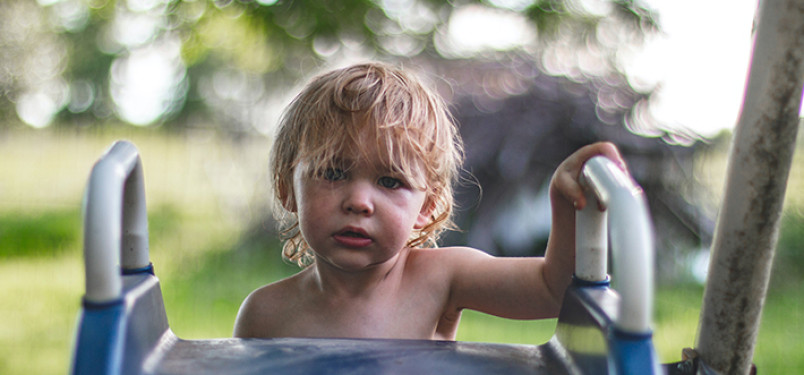Take the First Step... Call Us Today561-715-6404

INTRODUCTION
Today, approximately 40 percent of the children born in the United States will experience their parents’ divorcing. While divorcing can be one of the most stressful events for adults, it is equally stressful for children. Like their parents, they also deal with the emotional, environmental and social shifts that are occurring in their lives as well as in yours.
The good news is that in spite of specific stressors like the loss or change in vital relationships, financial stressors, remarriage or re-partnering of parents, and perception of peer groups, approximately 75 to 80 percent of children who experience divorce will become well-adjusted adults who are able to build close relationships and achieve educational and career goals. (About 40 percent of them receive higher well-being scores than young adults from non-divorced families.) For the other 20 to 25 percent divorce can become a life-changing struggle with lasting emotional and psychological ramifications.
What is the difference that makes a difference? Researchers point to resilience as a major factor. Resilience — one’s ability to positively adapt after significant conflict or trauma — is a great predictor of how your children will cope with divorce. To a great extent, your children’s resilience is dependent on your ability to co-parent in a way that puts the needs of the child first.
Cooperative Parenting & Divorce Parent’s Guide offers the following guidelines for what children, if given their preference would prefer that you NOT do.
Children DON’T want to see their parents fighting. It causes them great pain to see the two people they love the most treating each other so poorly.
And it makes them feel bad about themselves. Children see their parents as the foundation of their stability. When that foundation begins to crumble, it can be extremely anxiety provoking and many times it leads to anger and depression.
Children DON’T want to be put in the middle of your disputes. DON’T make them choose. This makes them feel afraid, anxious, and overwhelmed.
They don’t want to hear that you don’t have enough money because Dad doesn’t pay enough child support or that Mom spends too much. They don’t want to be used as your personal messengers and they don’t want to be asked to spy for you. They don’t want to be told that they can’t bring their things with them when they go back and forth between homes. They’re just like you. They just want to know their things are there when they want them or need them.
Children DON’T want to be made to feel guilty for loving both their parents. And they DO love you both.
This is NOT a competition. Competing for your children’s love and approval is a recipe for emotional disaster and more than likely the one who competes the hardest will be the biggest loser. Even when you consider that each parent has his and her own way of parenting, they still love you both. They need to love you both. That’s just the way it is.
DON’T play the martyr or the victim. It only makes your children angry and resentful.
The truth is they really don’t care. They just want to continue to be kids. They can’t handle what you are going through. They are not yet emotionally equipped to do so. They are children. And they are entitled to only know about the things that children should know. They cannot be the person you lean on for emotional support. They have to be the persons who lean on you. They need to see you strong and they need to know that you are o.k. That is what will make them feel o.k.
Divorce is hard at best. Everyone in the family is impacted by it. You don’t have to go through this alone. If you are finding that it’s difficult for you to give your children what they need during these stressful times, there are options. Seek the help of a family therapist, who specializes in co-parenting issues. In extreme, acute cases, the court will appoint a Parenting Coordinator who will act on behalf of your children to see to it that each parent behaves in a way that honors the needs of the children. When all else fails, this may be something to consider.
Dr. Laura Richter is a licensed Marriage and Family therapist who works with individuals, couples, and families. Her specialties include: surviving infidelity, improving communication, beginning again after divorce and effective co-parenting after divorce. She is also a trained mediator, qualified parenting coordinator and collaborative law mental health professional. For more information, please call or text us today at 561-715-6404 to schedule a consultation to see how we can help.
© 2003 - 2024. Relational Consultants Group.
All Rights Reserved.